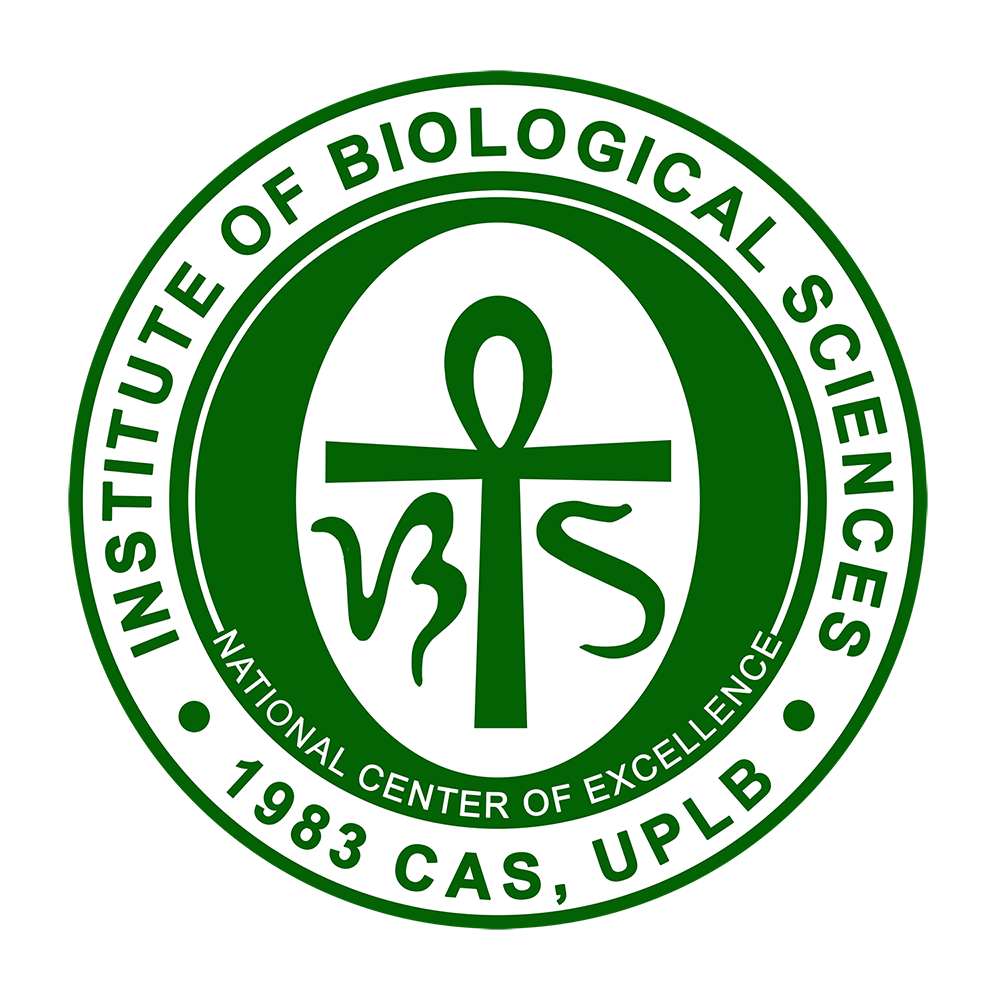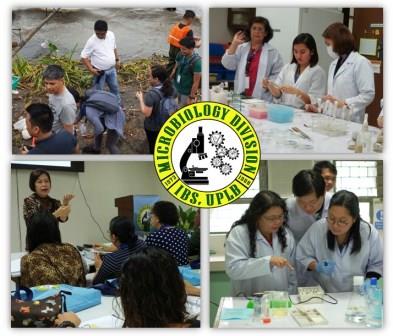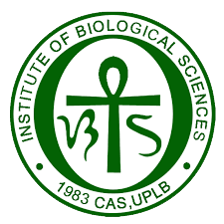Rationale:
Microbiology plays a very significant and crucial role in our nation’s economy, particularly in certain sectors of the industry such as the food manufacturing and pharmaceutical industries where product quality and safety are held premium, especially in the context of global trade. “Recognizing the paramount significance of the science of microbiology in the industry, the need for competent microbiologists is greater than ever. Majority of the food and pharmaceutical industries now require staff who are not only adept at basic microbiological techniques but also those who can carry out multifunctional roles and responsibilities not only in the laboratory but in the production area as well”. Trainability in other or advanced analytical methods is also highly desirable. Unfortunately, considering the overwhelming demand for microbiologists in various applications/fields, there are only few Higher Education Institutions (HEIs) which produce graduates capable of living up to the herculean role of a microbiologist. The major sources of microbiologists in the country remain to be UPLB, producing about 50 graduates a year, and UST, which contributes 40 new microbiologists in the workforce. Considering that there are currently about 4500 registered food manufacturing and pharmaceutical companies and that there may just be one microbiologist per company, there is, thus, an acute lack of qualified (moreover, Philippine Academy of Microbiology-certified) graduates in the Philippines. This was previously attributed to the lack of universities that produce graduates who are eligible to take the certification exam. Based on a study of Raymundo et al. (2017), only six universities, out of the nine HEIs that offer a BS Biology program with a major in microbiology, produce graduates who are qualified to take the exam. Most of the universities included in the study were found to offer an undergraduate degree in Biology which requires only a Basic Microbiology course. The ability to offer quality programs in Microbiology hinges largely (aside from the resource requirements) on the existence of a competent teaching manpower. In terms of faculty teaching microbiology, Raymundo et al. (2017) reported that many of those handling Microbiology courses are not Microbiology graduates or have not taken an equivalent number of Microbiology subjects. This reflects on the quality of the teaching staff (Raymundo et al., 2017).
In response to the CHED MO No. 49 s.2017 (standardized Microbiology curriculum), the project “Capacity Building of Tertiary Educators in the Teaching of Selected Microbiology Courses for the Members of Microbiology Consortia in the Philippines.” was proposed and implemented by the Microbiology Division of the Institute of Biological Sciences, College of Arts and Sciences, UPLB. The project involves capacity building, through training, of HEI educators for the teaching or enhanced teaching of selected Microbiology courses covering Basic Microbiology, Microbial Ecology, Microbial Genetics and Food Microbiology. The participants were representatives from member HEIs of Microbiology Consortia in the Philippines. The Microbiology courses covered in the training have all been previously identified to constitute the majority of the core or recommended courses in the standardized Microbiology curriculum as per CHED MO No. 49 s.2017. In addition, except for Microbial Genetics, all of these courses are key subject areas in the Certification Examination administered by the Philippine Academy for Microbiology (PAM).
The goals of the project were to provide selected HEI educators with the opportunity to be trained on the basic concepts and skills needed for the teaching or enhanced teaching of selected fundamental Microbiology courses (specifically Basic Microbiology, Microbial Ecology, Microbial Genetics and Food Microbiology). The training was also envisioned to help them improve their existing Microbiology curriculum and, thus, strengthen their Microbiology course offering and attract more students. These, in turn, will hopefully be instrumental in producing more and highly qualified Microbiology graduates.
A total of 121 participants representing 37 HEIs attended the training. Of these, 29 attended the Basic Microbiology module from 07 to 11 January, 31 attended the Food Microbiology module from 14 to 18 January, 30 attended the Microbial Ecology module from 21 to 25 January, and 31 attended the Microbial Genetics module from 29 January to 02 February. The participants vary in gender, educational attainment, and number of years in teaching Microbiology. The participants were assessed based on their knowledge on and confidence to teach respective Microbiology modules before and after the training. Focus-group discussions were also held after each module wherein the participants were asked to determine their level of satisfaction in the conduct of the training, specifically with the lectures given and the activities done, and to list down the skills, knowledge, and aspirations they gained from the lecture and laboratory sessions.
The participants were also asked to conduct dissemination seminars in their respective HEIs, and to submit corresponding documentation, action plan, and monitoring forms in response to the training that they attended. Post-training monitoring were also conducted by the members of the Microbiology division in selected HEIs (8 from Luzon, and 4 from Visayas and Mindanao) from May to September 2019. Visited HEIs were assessed on their capability to offer Microbiology courses in terms of manpower, equipment, facilities, and administrative support. In response, members of the MCBD gave recommendations on their respective action plans.

If you are interested in this training, you may coordinate with the Microbiology Division of IBS.


